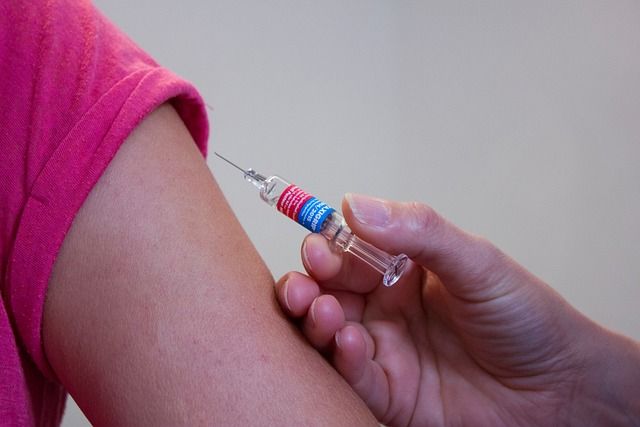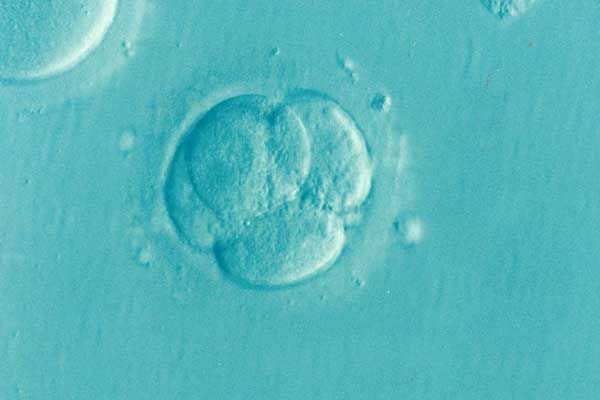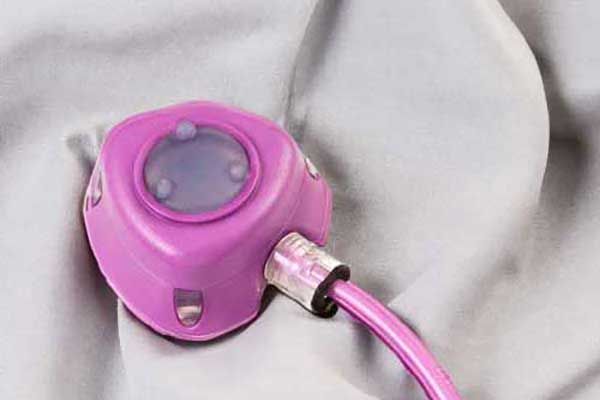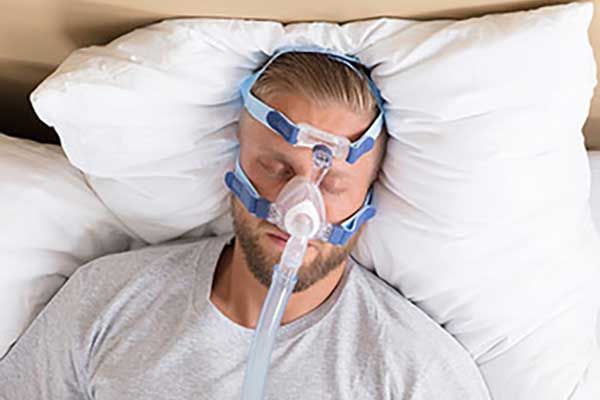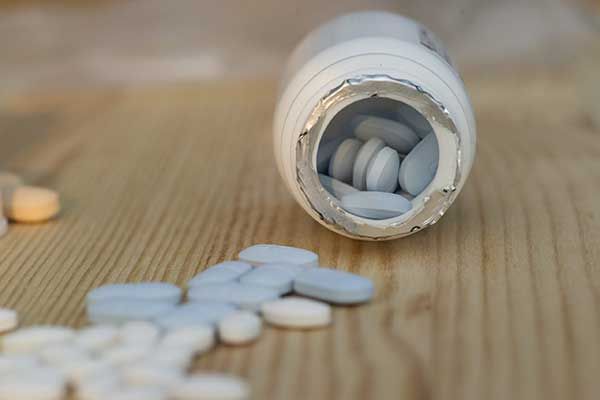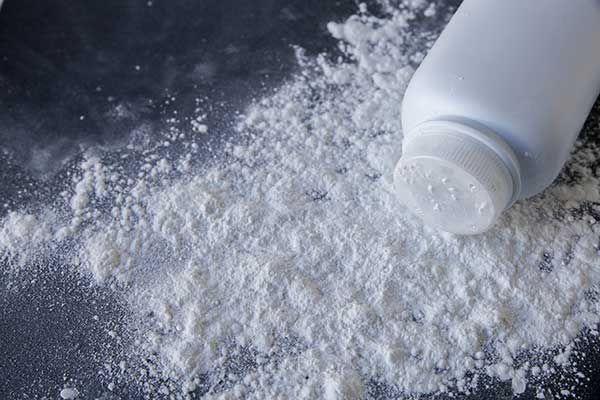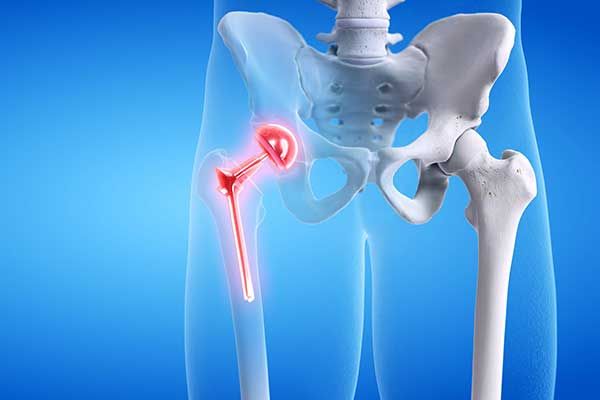
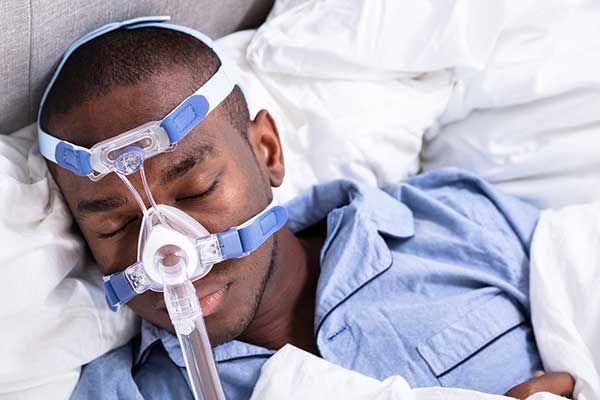
FDA Has Received 561 Reports of Death Linked to Recalled Philips PAP Devices
Since 2021, the FDA has received over 500 reports of death linked to recalled Philips CPAP machines, BiPAP machines, and certain ventilators. Other injuries from the more than 116,000 total medical device reports the FDA has received include certain cancers, pneumonia, asthma, infections and other side effects related to the inhalation of toxic foam particles released by the machines.
According to a January 2024 update from the FDA, 561 deaths have been linked to recalled Philips sleep apnea devices, known as CPAP or BiPAP machines, as well as certain ventilators. The deaths are reportedly associated with the breakdown of PE-PUR foam—or suspected foam breakdown—outfitted within the machine to muffle vibration sounds when the device is in use. This degradation of the foam may lead to carcinogenic particles and gasses released into the user’s airways—and over time, potentially leading to serious injuries like certain cancers and breathing problems.
In April 2021, Philips first notified the FDA of their intention to initiate a voluntary recall notification for certain ventilators, BiPAP machines, and CPAP machines due to concerns with the foam degradation. By July, a massive recall was announced for the Philips CPAP DreamStation machines manufactured since 2009. Philips acknowledged that the PE-PUR foam was susceptible to breaking down.
Many patients affected by the recall have filed lawsuits against Philips, claiming that Philips knew of the potentially dangerous and deadly side effects that may be caused by the PE-PUR foam, but did not warn consumers. According to a year-long investigation by ProPublica and the Pittsburgh Post-Gazette, Philips told distributors to continue selling the machines even after red flags were raised about the defect.
Are You Eligible to File a Philips CPAP or BiPAP Lawsuit?
If you used a recalled Philips CPAP, BiPAP or mechanical ventilator, such as the DreamStation ASV, C-Series ASV, SystemOne ASV4, DreamStation Go, REMstar SE Auto, Trilogy 100, A-Series BiPAP V30 Auto, and other models, you may have experienced side effects that could signal serious health conditions. Some of those include:
- Airway inflammation
- Serious irritation of the eyes, nose and respiratory tract
- Asthma
- Respiratory system issues and infections
- Carcinogenic effects
Our experienced attorneys are taking Philips CPAP and BiPAP cases nationwide. Individuals that used a Philips PAP model or mechanical ventilator between 2009-2021 may be eligible to file a lawsuit against the manufacturer.

